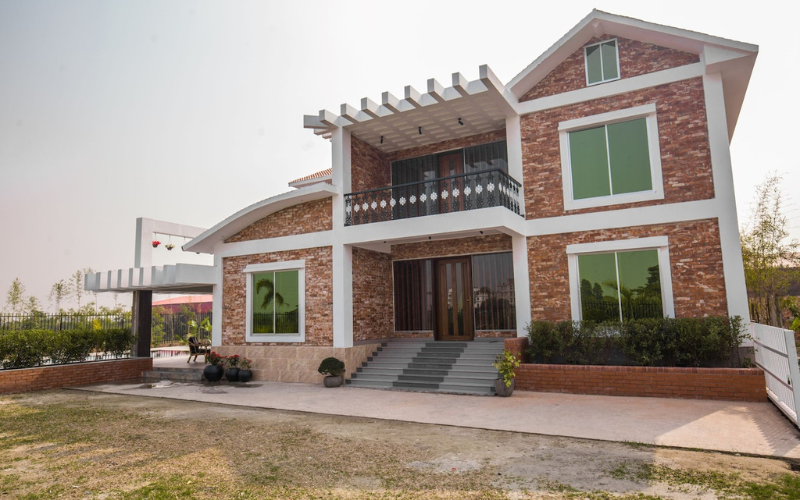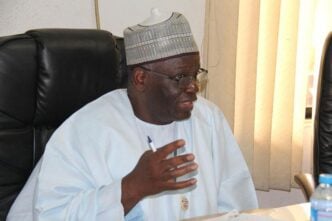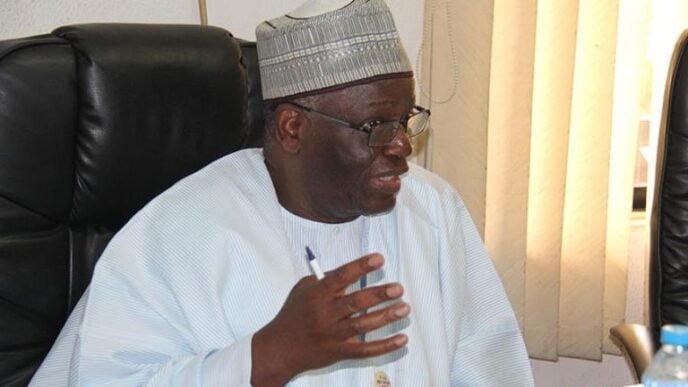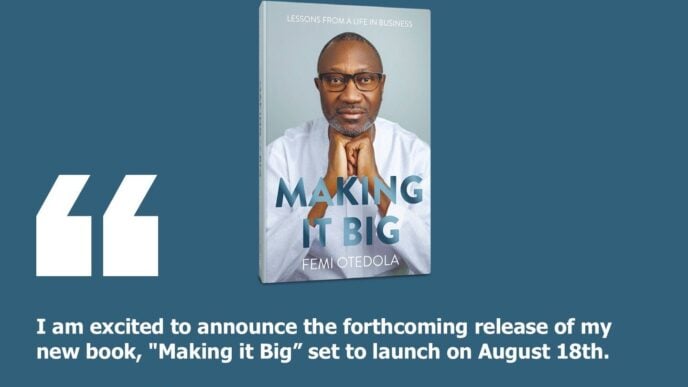BY FOLORUNSO FATAI ADISA
There was a time in Nigeria when buying property was a solemn act, not a gamble. A man’s word, backed by a reputable company’s name, meant something. Developers like Jide Taiwo or firms like UPDC operated with quiet integrity. They didn’t need blaring jingles or viral influencers to peddle their offerings. Their work spoke through brick and stone, not billboards and Instagram reels. In those days, real estate was rooted in purpose, to shelter families, not to dazzle followers.
But we have drifted. What once stood on the shoulders of professionalism has been reduced to a carnival of deceit. Somewhere between the economic chaos of Muhammadu Buhari’s later years and the social media boom, real estate in Nigeria lost its soul. A sacred trade has now been hijacked by a generation of digital illusionists, hustlers with ring lights, branded t-shirts, and slick tongues, selling fantasy as future.
Today, everybody is a realtor. They carry no licence, hold no training, and obey no code of ethics. Yet they flood our cities with flyers, throw-back-thirsty captions, and drone-shot videos. They do not sell land. They sell longing. Locations are described as “just five minutes from the airport,” even when such airports exist only in dreams. Estates are named “Dubai Gardens,” though they lack access roads, water, or electricity. What buyers are sold is not property, but possibility. And often, that too is a lie.
Advertisement
In cities like Abeokuta, Ibadan, or Alausa in Lagos, you’ll encounter these marketers, mostly women in tight-fitted polos, exuding rehearsed politeness, brandishing brochures like they’re selling perfume rather than plots of land. They promise comfort, returns, and legacy. But behind their painted smiles are swamps disguised as suburbs, bush paths touted as boulevards, and half-built gates standing guard over empty promises.
Then there are the self-styled CEOs, the self-anointed kings of “realty.” Yesterday’s okada riders now fly business class, living large on the sweat of unsuspecting buyers. They peddle lands they don’t own, raise millions for estates that never materialise, and disappear once the last instalment is paid. They resurface occasionally to post motivational quotes, often with Bible verses or photos of luxury cars. Their showroom is on social media. Their pitch is psychological manipulation. And their only product is illusion.
These fraudsters thrive on the hunger of the average Nigerian, the deep, aching desire to escape rent, to own something solid in a country where everything else feels shaky. They exploit this hunger through “pay small-small” packages, using emotion to override logic. But when the time comes to allocate land or complete documents, they vanish. The office shutters, the website goes blank, and the phone lines stop connecting. The buyer is left not just landless, but broken.
Advertisement
Even worse, many of these firms now operate like Ponzi schemes. They offer impossible returns, 300% in 90 days, then lure investors with celebrity endorsements, music concerts, and raffle draws. They shift attention from the core product (land, housing, infrastructure) to entertainment and noise. And all the while, they know they are building nothing.
One must ask: What exactly are they selling? Often, it’s undeveloped plots in remote places priced as if they were in Lekki or even Birmingham. There are no roads, no electricity, no schools, no water. The price tag covers nothing more than hope, an expensive emotion in a country where the poor cannot afford to dream.
This isn’t just bad business. It is cruelty masquerading as commerce. Nigeria faces a housing deficit of over 28 million units. Real estate should be a tool for national development, a bridge to dignity. Yet those who claim to solve the problem are worsening it. While millions sleep under bridges or crowd into slums, the market is flooded with fake listings and loud campaigns.
We need more than awareness; we need accountability. Every practitioner in the industry must be licensed, regulated, and monitored. REDAN, LASRERA, and town planning authorities must wake from their slumber and enforce sanity. Developers who swindle buyers should not walk free. They should face the law, not likes and comments. Naming and shaming must become the norm, not the exception.
Advertisement
Real estate must return to its roots: a sacred trust, not a seductive trap. Shelter is not a luxury. It is dignity. It is security. It is life. Today, that dignity is being traded for hashtags and housewarming parties with no homes behind the gates.
Therefore, the next time a billboard screams “Buy Now, 50% Discount!” or a marketer sends you a WhatsApp message with voice notes and emojis, pause. Ask questions. Verify documents. Don’t fall for drone footage. Don’t be hypnotised by influencers. Don’t be deceived by digital dressing on a fraudulent feast.
Because in today’s Nigeria, buying land is no longer a transaction. It is a test of discernment. A test you cannot afford to fail.
Folorunso Fatai Adisa is a writer, communication specialist, and media scholar. He holds a Master’s degree in media and communication from the University of Strathclyde, Glasgow. He writes from the United Kingdom. He can be contacted via [email protected]
Advertisement
Views expressed by contributors are strictly personal and not of TheCable.










